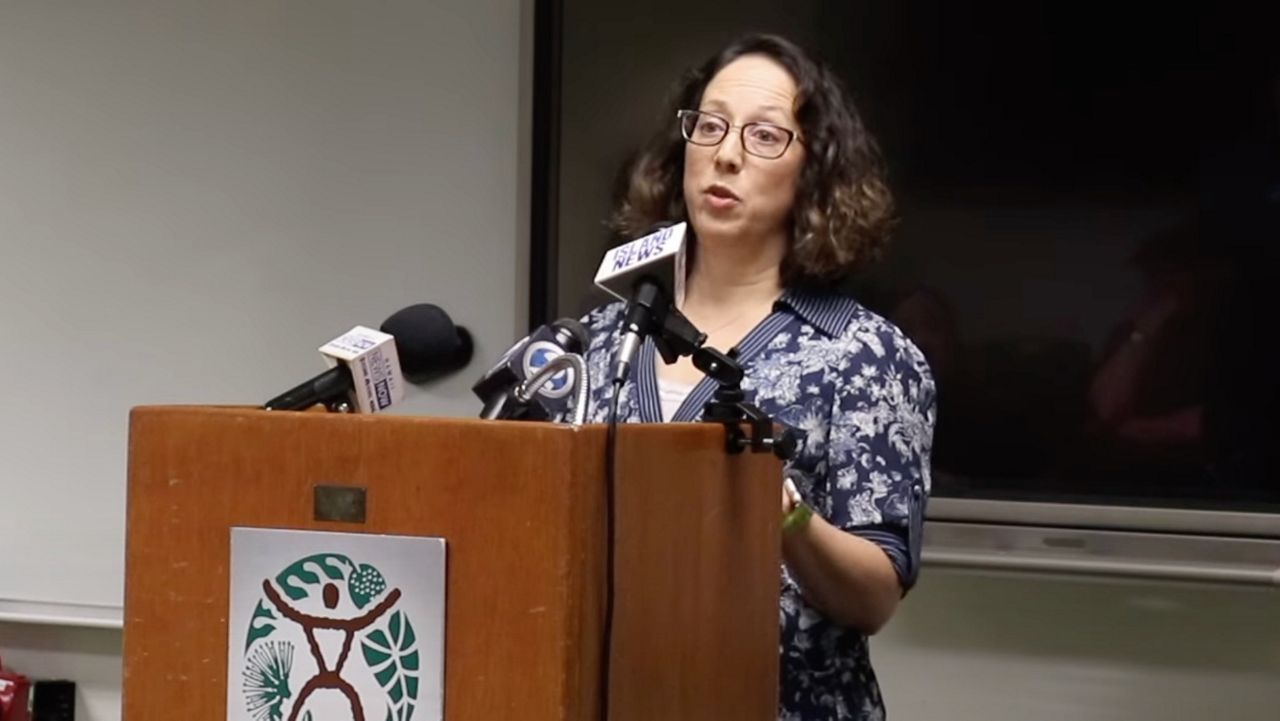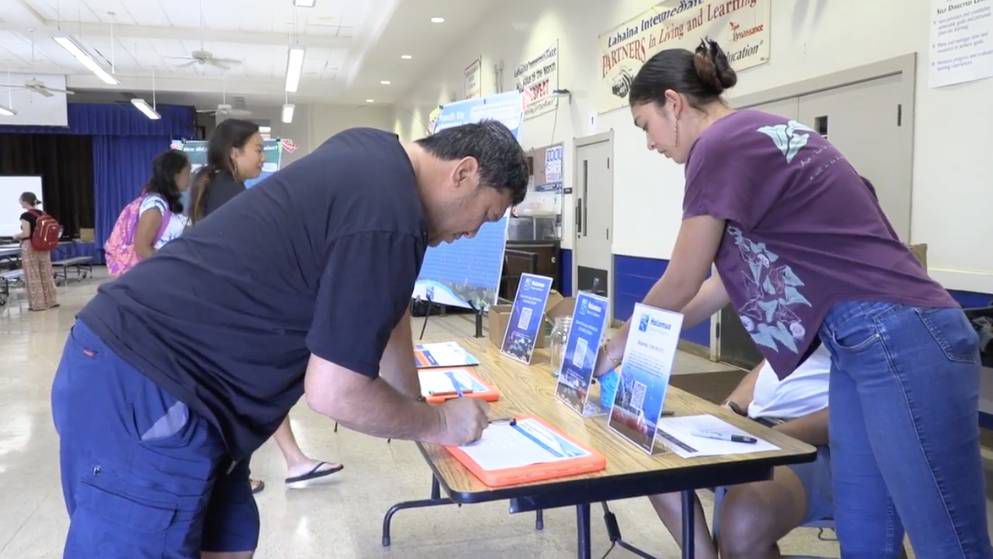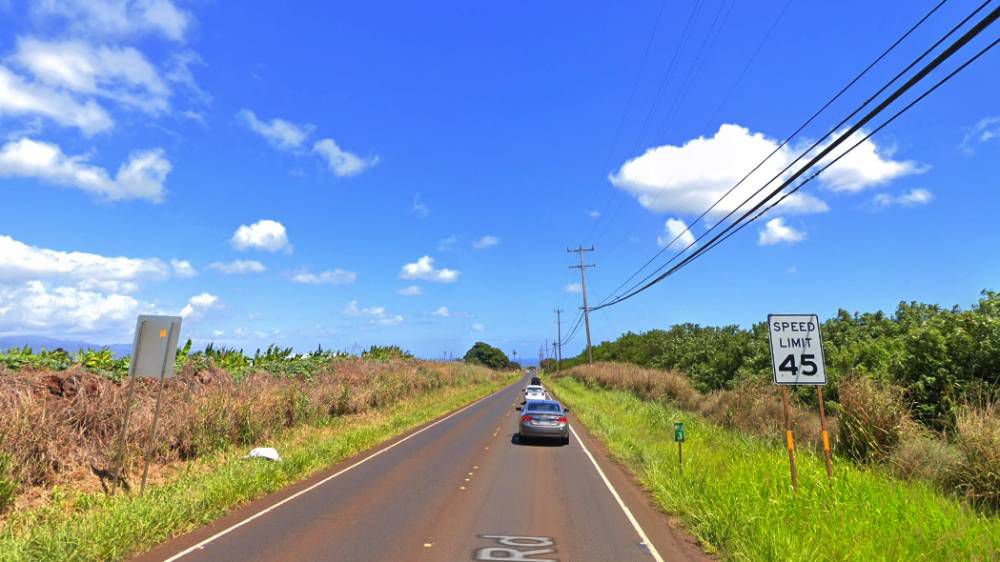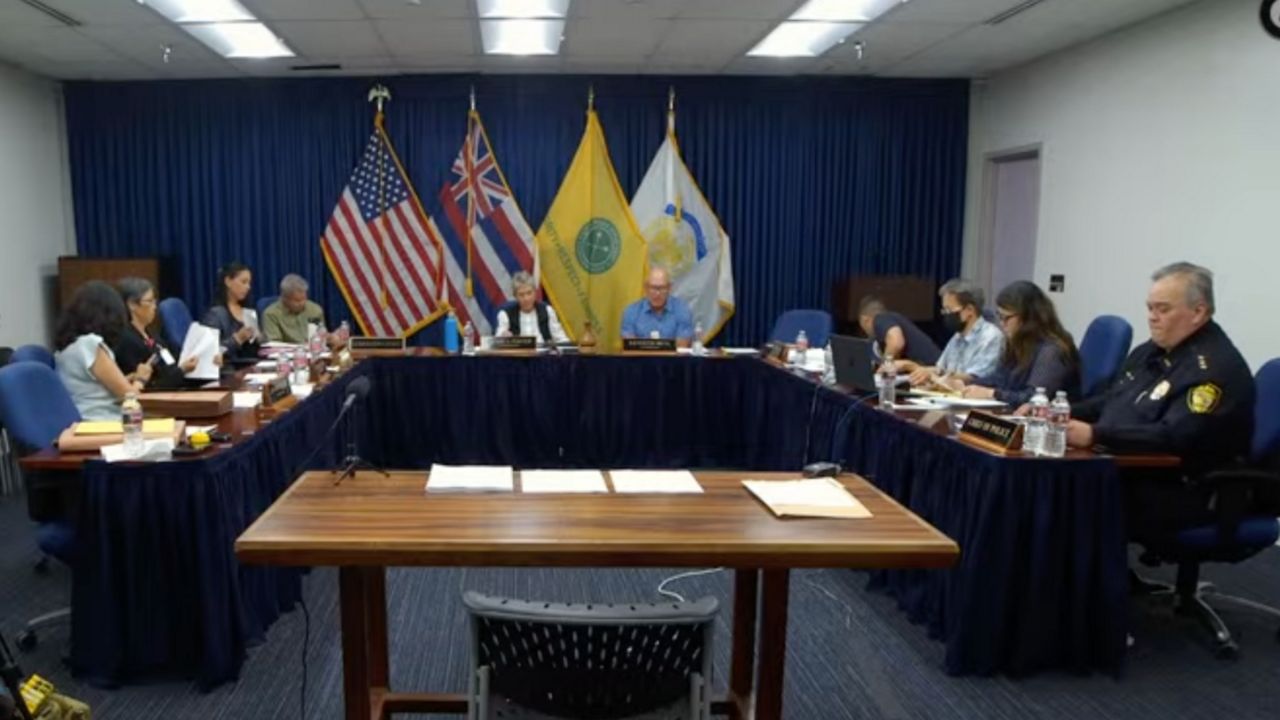The Department of Health continues to investigate the source of H5 avian influenza found in a sample collected at the Wahiawa Wastewater Treatment Plan last week but state epidemiologist Sarah Kemble said Thursday that the overall risk to public health remains low.
The sample was collected on Nov. 7 and DOH received confirmation of the presence of an H5 avian influenza virus on Nov. 12. Testing could not determine whether the virus was H5N1, a strain of H5 that is highly contagious among poultry and other birds and has been detected in animals and humans in every state except Hawaii.
H5N1 can cause illness and death in birds and some other animals but is not a serious threat to human health, typically resulting in mild symptoms like irritation of the eyes or minor upper respiratory issues.
“My primary message to the public would be that if we do detect H5N1 in Hawaii, the risk to people in the general public remains low,” Kemble said during a media availability on Thursday. “The people that we would focus the most on with such a detection are our farm workers, people who may have more direct exposures with animals, whether they’re domestic or wild, and making sure that they have education on how to protect themselves and their animals.”
Kemble said the state Department of Health is investigating whether there is a “persistent detection” of H5 in samples from the Wahiawa treatment plant and, if so, will work to determine the origin.
The virus could have made it to Hawaii in a variety of ways, from wild birds originating in areas where H5 is present to people arriving from such areas, possibly even the ingestion of contaminated agricultural products like raw milk, Kemble said. It is unlikely that pasteurized products like eggs would transmit live, active virus, she said.
While H5N1 might not pose a serious, immediate threat to human health, Kemble said it could have a big impact on agricultural animals.
“For instance, if cows are infected, they can get mastitis and their milk couldn’t be used for human consumption,” she said. “If a poultry farm is infected then the entire flock has to be culled and that can have a big impact on agricultural operations. So, there is definitely a cause for concern.”
Also, if a significant number of people were to be infected, the virus could mutate into a variant that is more contagious or more dangerous to humans, Kemble said. To that end, Kemble advised that residents get their annual flu shot, which can help ensure that the two viruses do not interact within the same host and mutate that way.
Michael Tsai covers local and state politics for Spectrum News Hawaii. He can be reached at michael.tsai@charter.com.











0718)